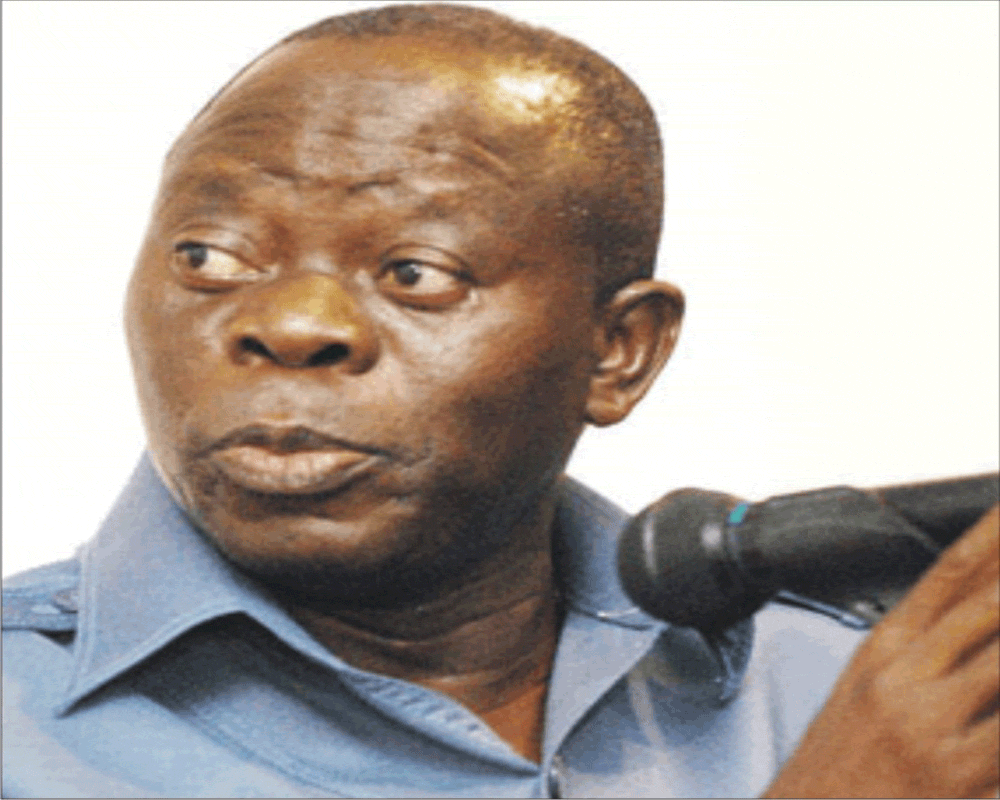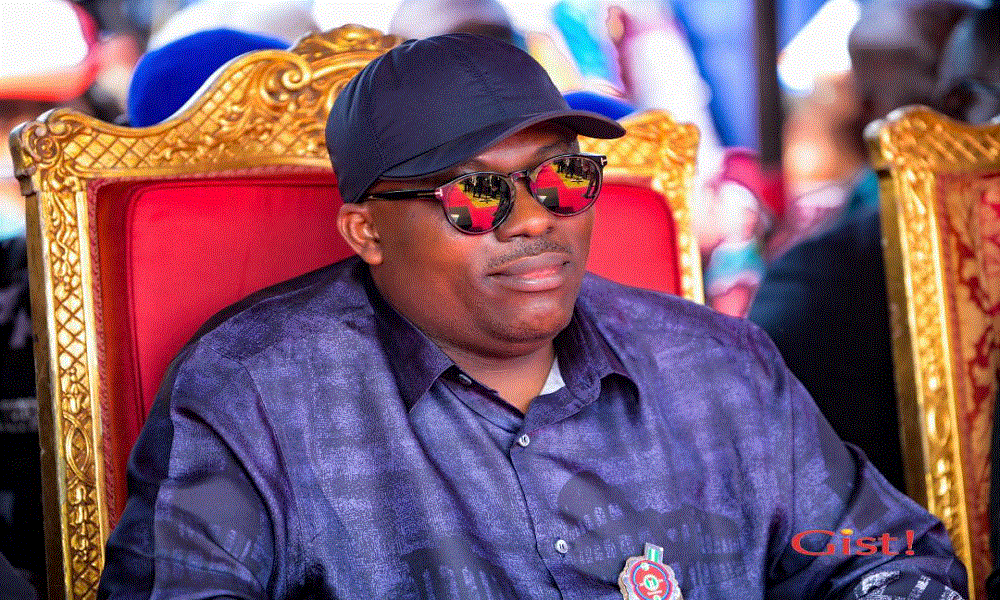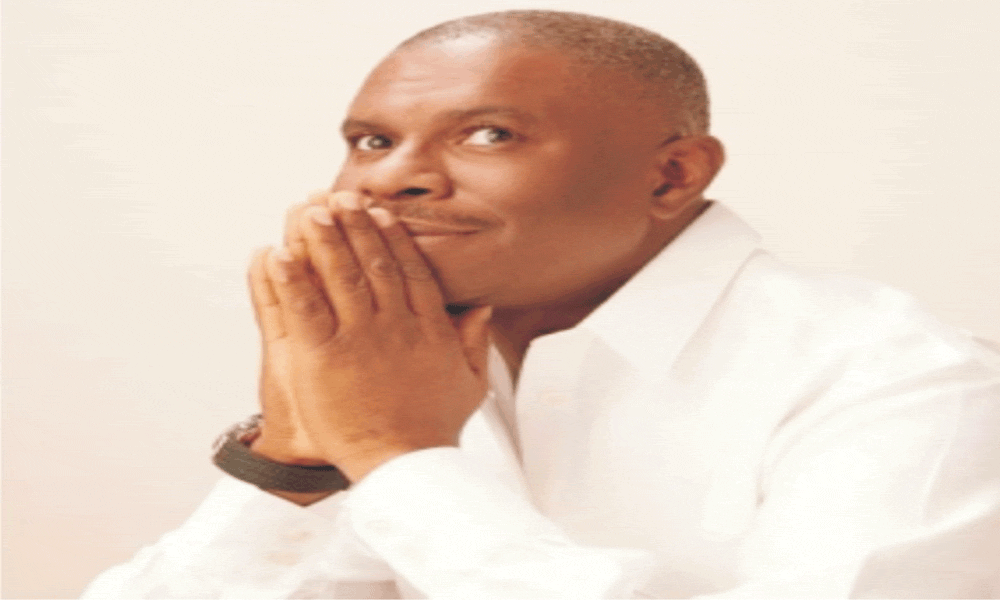Igbo Origin Controversy Re-echoes At IJF Programme
Igbo archeologists, historians, writers, scholars and intellectuals have done extensive researches in a bid to establish the origin of the Igbo race, but despite their powerful documentations, some of which appear incontrovertible, where the Igbos come from remains controversial.
Isichei Elizabeth, Afigbo A. E., Chinue Achebe, Aziken Lucky Chukwuyem, Nwabara S. N. all produced powerful works, which should have settled the Igbo origin controversy, but despite their research materials which had been used in various higher institutions in Nigeria, a layer of doubt still remains on the ancestry of the Igbo.
However, last week Saturday at the end of the year programme of Igbo Journalists held in Port Harcourt, a young Igbo writer, who has done extensive research works on Igbo ancestry, Uchenna Ohanwe came close to establishing the authentic origin of Igbo people.
His research works which was documented in a book titled: “THE AUTHENTIC ORIGIN OF IGBO PEOPLE IN NIGERIA: (JABBORIGBO MIGRATION/718Bc-2017AD), explored different versions of the Igbo Origin account and with empirical evidences solved the Igbo origin brouhaha.
Although, Uchenna’s method of solving the mystery was not entirely original as it was based on information and works of earlier Igbo intellectuals, he came up with a new subject, Jabborigbo, the Original ancestor of Ndigbo which earlier historians and writers had omitted.
According to Ohanwe who was given only five minutes at the IJF event to speak on his book, Jabborigbo from whose name the Igbo is known today was the leader of Shechenigbo, a clan in the tribe of Judah in Israel. His name was derived from River Jabbr which was originally River Jordan, close to Galilee.
Ohanwe related that as a result of the invasion of Israel by the Assyrians in 718BC, Jabborigbo (Igbo), fearing being captured by the King of Assyria and sent on exile, left Israel and arrived into what is today known as Nigeria in 683BC.
Arriving into Nigeria from their homeland, he moved further into the hinterland, and finally settled in Eastern Nigeria. But other accounts reported that it was his son, Eri that migrated from their homeland and arrived at Eastern Nigeria, precisely, Agulu, in Anambra State. After his arrival in Agulu, Eri changed his name to Aguleri to reflect his name, Eri, and to show that he founded Agulu, from where other Igbo communities/clans sprang up.
Ohanwe which hails from Amiyi, Umuaka in Njaba Local Government Area of Imo State, further reported that more than 452 people from Shechenigbo accompanied Jabborigbo on his migration to Nigeria to form the present Igbo clan.
According to the author, “the Igbo in their smaller groupings or units within the Shechenigbo clan started sedentary life in Nigeria first around Nri, Awka, Isu-ama (Orlu) complex and later some of their forefathers moved away from these concentrated areas to form new larger clans, cum communities”.
Jabborigbo whose name Igbo adopted as their name was said to be too powerful, prosperous and feared by all his children, prompting them to nickname him Gad and built an ‘Obu’ in his honour.
While Eri had been a recurring decimal as the root of Igbo people, his father Jabborigbo from where the name Igbo is derived, was omitted in earlier accounts which was why Uchenna’s account seemed to have authenticatd the Igbo origin with his bringing in Jabborigbo, the presumed father of Igbo nation.
Another version which had featured prominently in the history of Igbo origin, is the Nri version which claimed that the ancestor of Igbo, Eri descended from the sky and sailed down to the River Anambra, originally called Omabala. It was reported that when he arrived Aguleri, he met some autochthonous group of people who had no living memory of their own and settled with them. As their population increased, some groups migrated to other parts of Igbo land to establish their own settlements.
More Igbo researchers were still at work on the Igbo origin issue, who knows, may be, they might come up with new developments that would contradict Ohanwe’s thesis.



